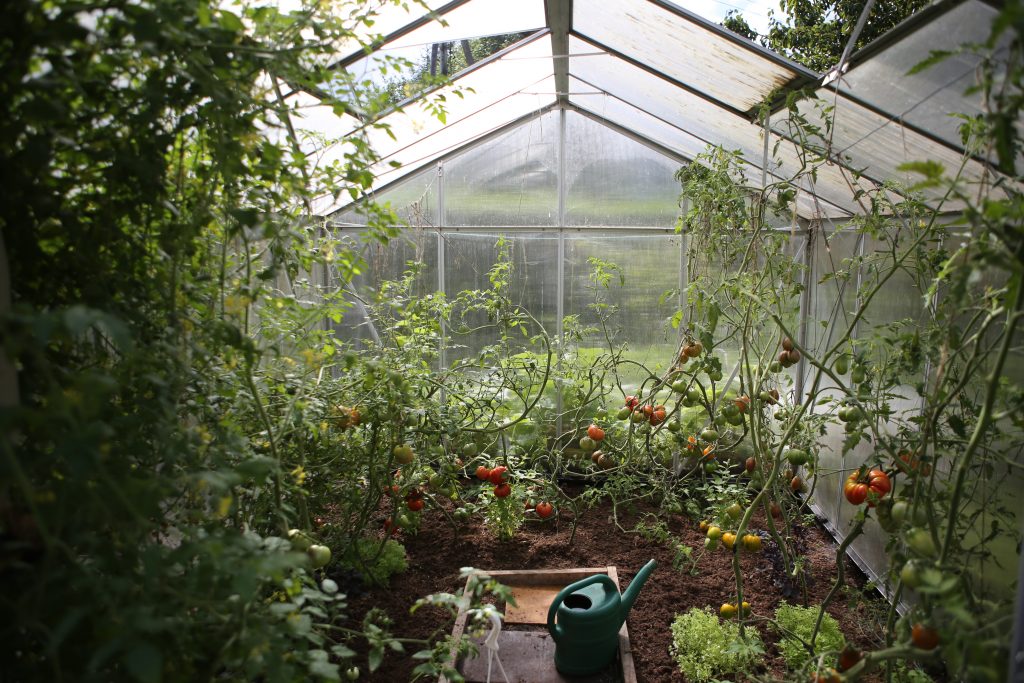
If you’re fortunate enough to own your own property and land, you’re sitting on a mountain of possibilities you can use that space for! Your home could be much more than a place to sit back and relax. If you’ve ever had an interest in farming, why not use that space to create your own backyard farm?
There are many benefits to backyard farming! It can save you money, help the environment, help you eat more healthily, and if you compost, you’ll be able to put that to even greater use. You can become self-sustaining and more relaxed thanks to a new pastime that is not only good for your body but also good for your heart and soul.
The Advantages Of Backyard Farming
- Significantly reduce your shopping expenses and budget better! You’ll also be aiding in the reduction of your carbon footprint.
- A good source of exercise, sun, and mental break! If you really start to enjoy it, it’ll become a great hobby, and getting outside is great!
- Eating better! You’ll have control over the food you eat by lessening the number of fruits and vegetables exposed to hormones and chemicals. The healthy vitamin richness is also increased compared to the fruits and veggies that you’d buy in the supermarket.
- Composting! If you’re already into composting, backyard farming will benefit greatly from your new nutrient-dense soil. If you haven’t started composting yet, it’s easy to get started. You can start with an indoor compost bin or you can create one that’s outside in your backyard farm area.
Disadvantages Of Backyard Farming
There are a few drawbacks to backyard farming. But they generally don’t overpower the good that comes from it. However, they should be remembered when setting up your backyard farm so you are not caught off guard if they occur.
- Backyard farming might attract pests. Not just bugs, but could attract rodents and even deer depending on your location. They’re going to want to enjoy your backyard farm just as you do. You’ll most likely find nibbles here and there and that can potentially affect what you’re growing.
- It takes time and patience. You will have to water your farm often, check the status of your crops, and make necessary adjustments when needed. However, the amount of time you put into it, the more fruitful and successful your backyard farm will be!
How To Build Your Own Backyard Farm
-
Check The Weather
You need to have a good idea of what the weather is like in your area. Is the climate hot, cold, dry, or wet? This will help you find out what plants, vegetables, and fruits will thrive in your area.
-
Get Your Supplies
You will need to get quite a few items to build backyard farm, so making a good list to shop for beforehand is essential. Some of the main items you’ll need are fertilizers and manure, as well as mulching materials. Woodchips, soul, and sturdy wood are also important if you want to build backyard farm boxes that will be filled with your upcoming plants.
-
Build Your Garden
Your backyard farm area doesn’t have to function like a typical farm, but you do need to find a good location once you’ve decided what will grow best in your climate. Determine various locations on your property where you can start gardening and examine which areas would be best for each plant depending on the soil you’ll be planting in.
Once your garden is built and you’ve finished planting, follow instructions for each plant to maintain its growth and success. While keeping a close eye on and gaining experience, you’ll find ways to expand your backyard farming venture.











